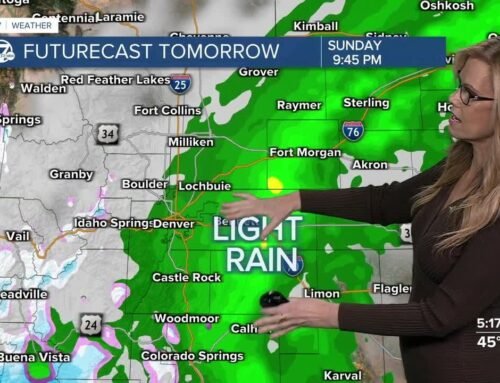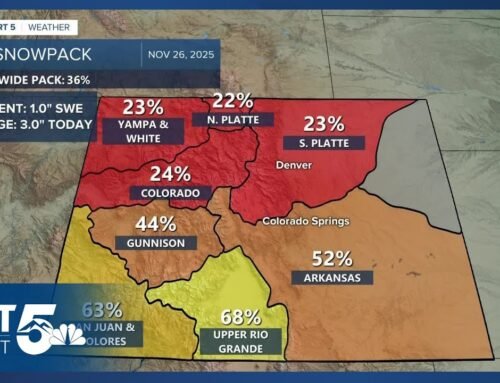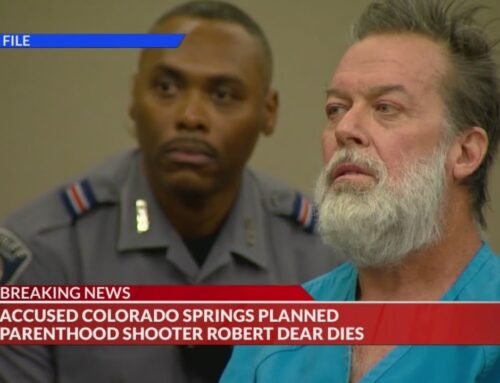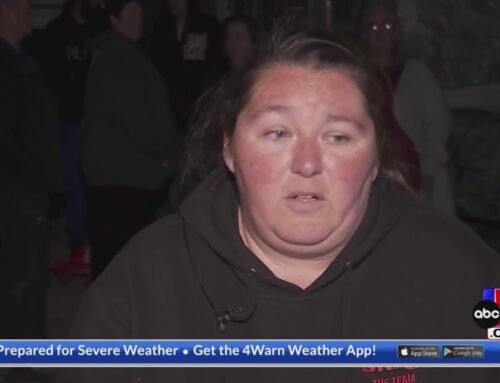By David Edwards
The Daily Camera Editorial Board says we should vote for Boulder Ballot Issue 2I. They’re wrong. Not because the issue of creating more affordable housing in Boulder isn’t important. It is, and real efforts should be made to address this important challenge.
The reason voters should reject 2I is spelled out explicitly in the Daily Camera’s endorsement itself when it says, “Details are yet to be nailed down,” and “all the details of the program would be left to future city councils to deliberate and adjust.”
Let’s look at a few of those “details.”
Boulder Ballot Issue 2I would establish a program to assist qualifying middle-income households afford housing in Boulder by having the city provide them with second mortgages. What happens when one or more of the borrowers fails to make a payment to the first (senior) mortgage lender? Does the city make the payment? Does the city pay off the first mortgage? Or does the city let the senior lender foreclose on the house and the city writes off its second mortgage? The first mortgage will contain strict language about what can and cannot be done to avoid foreclosure that the city will have to deal with, and it likely will involve money that is no longer available in this proposal. It certainly will involve money for purposes that aren’t contemplated in this proposal.
What if the borrower misses a payment on the second mortgage? Let it slide or enforce? If the decision is to enforce, is the city ready to take the house from the buyer (and pay off the first mortgage)? If not, what happens?
At the end of the 10-year term, borrowers will be required to repay the city. As the editorial says, “…program participants who seek to sell their homes might have trouble finding a buyer.” OK, then what? Figure this out now, not when our neighbors (and the city) have a big problem.
The notion that the program “would prequalify participants, largely by accepting the qualifying status conferred by commercial lenders on the first mortgage” is laughable. What, no due diligence by the city as it provides the riskiest financing? Was the 2008-2009 financial crisis so long ago that we have all forgotten what happens when a lender delegates the upfront credit work to someone else? There is a big difference between lending 80% of a house’s value and 95% — intelligent second mortgage lenders know this. The interests of senior and subordinated lenders often conflict — assume this away at your peril.
The editorial says that “nobody knows how many buyers would in fact want to participate.” Why not? Has anybody done any research? Has anyone figured out how the senior lender’s requirements will intersect with the market value cap?
Finally, there is the implication that setting up this program will be administratively simple and inexpensive. Anyone who has ever worked in a company that offered second mortgages (as I have) knows that second mortgages, by definition, carry their own risks and servicing needs. I’m guessing that this isn’t in the sweet spot of a city with, as noted by the editorial, “a checkered customer service reputation.”
This may all sound pessimistic and strike some as unrealistic cold water being dumped on a great idea. But guess what? Stuff happens. Economies turn down. Interest rates go up. Individuals run into problems. Not all borrowers can make every payment. Real estate markets don’t always behave the way we would like. Senior lenders aren’t always great to work with.
It is no fun to contemplate “the details”, but any business plan worthy of consideration addresses them. Why should we expect less of this? If this were just a “white paper” it would be OK, because there would be time to work on the details. Instead, voters are being asked to put $10 million behind it and then let this or future city councils work out the details. If all this sounds familiar, perhaps it is.
To reiterate, the affordable housing problem is real and needs to be addressed. But it needs to be addressed seriously, not by just throwing an idea on the wall and asking the voters for $10 million. This is a program that could turn out to be a lot more than $10 million, much of which may well be dealing with problems, not creating affordable housing.
The editorial says the proposal “also leaves voters somewhat unsure about exactly what they’re voting on.” Seriously. And it concludes that the proposal “comes with some risks, but they are minimal.”
No, they aren’t.
David Edwards lives in Boulder.
The Daily Camera welcomes letters to the editor and guest opinions from readers. Read our guidelines, and send submissions to openforum@dailycamera.com.






Leave A Comment